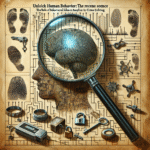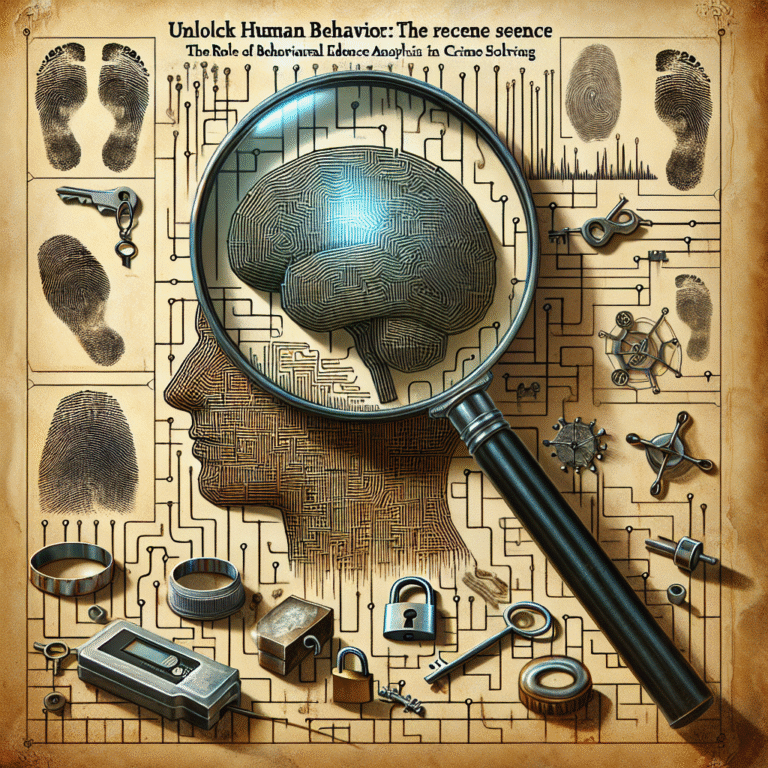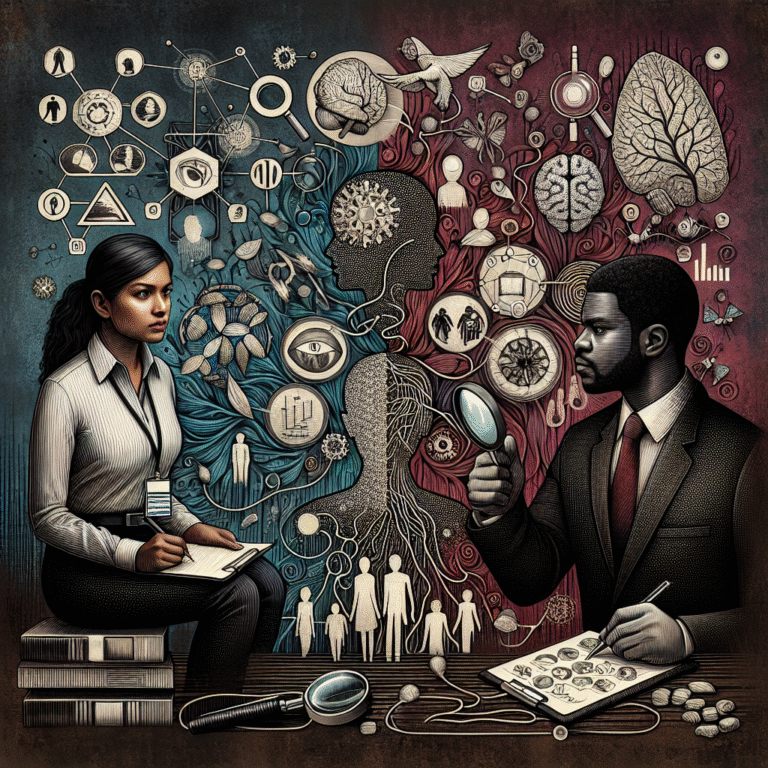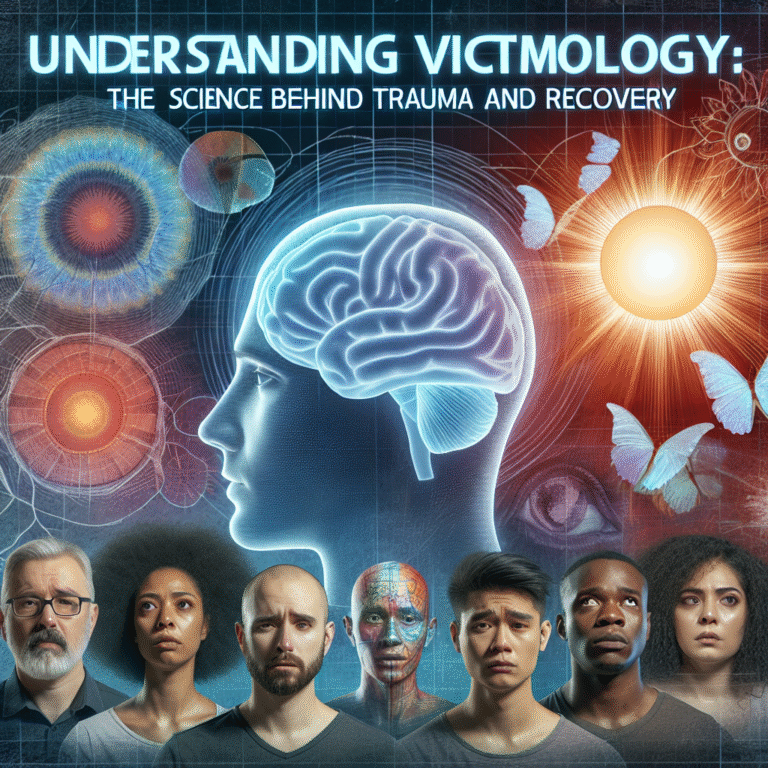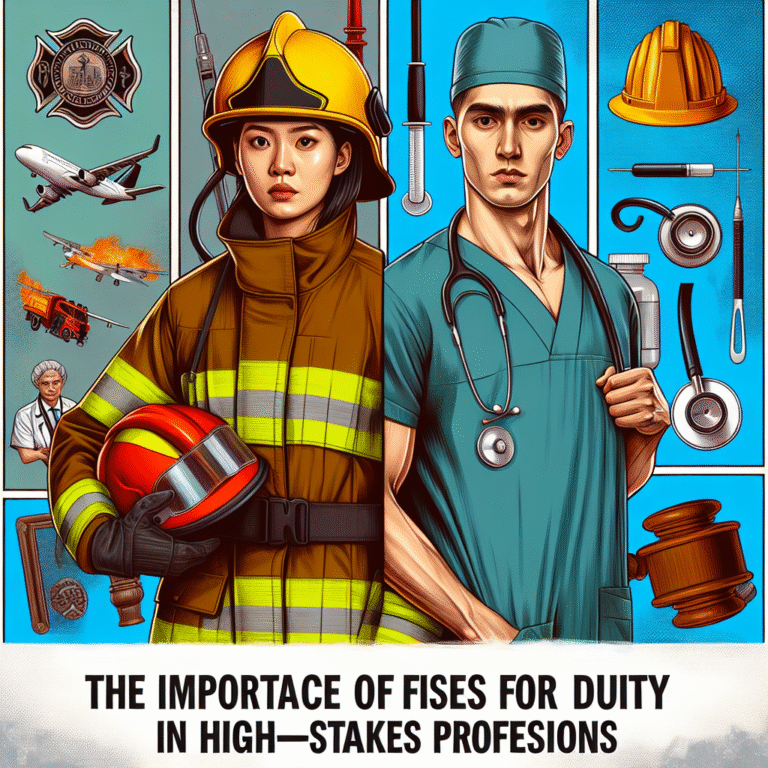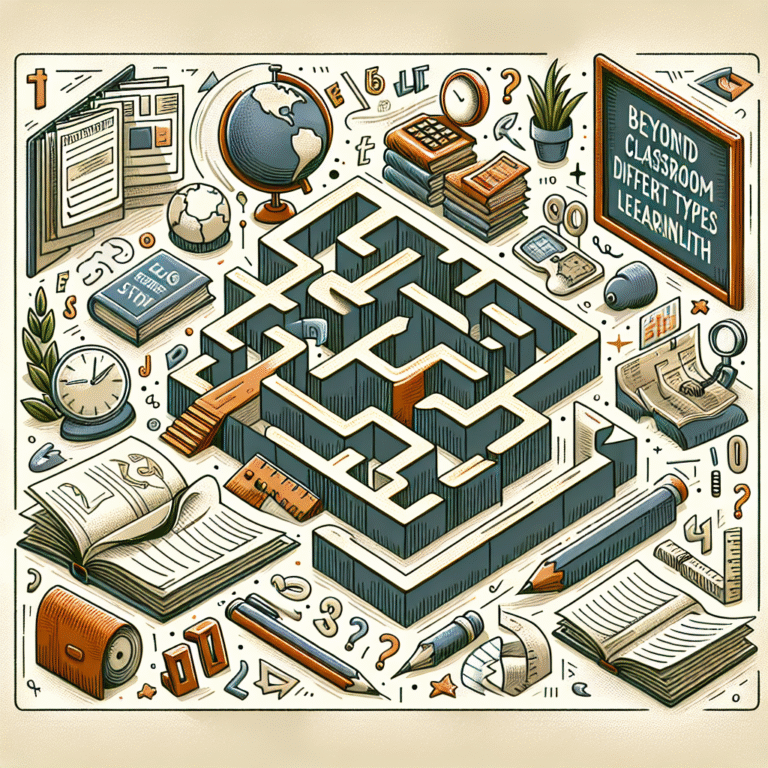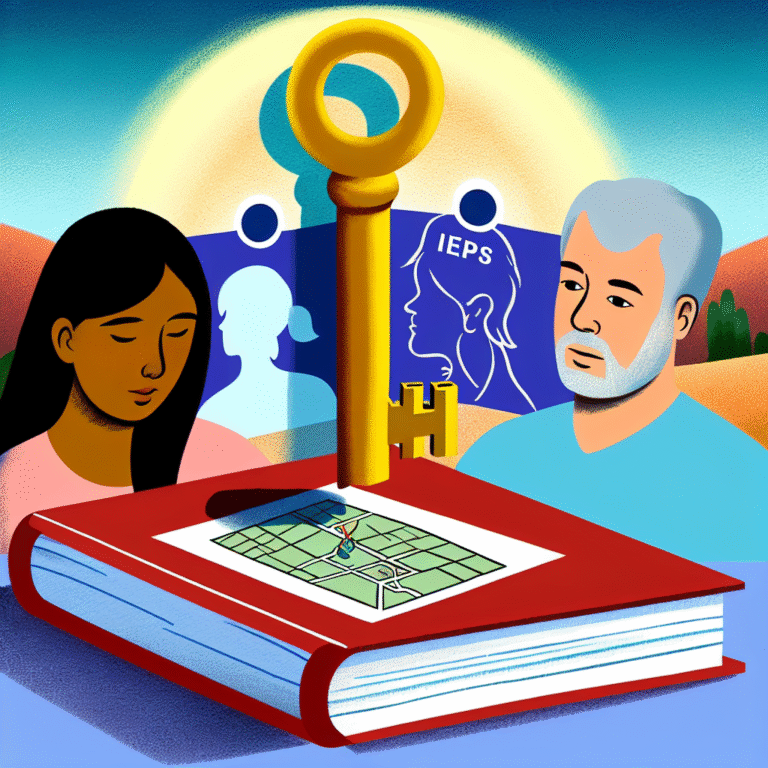
Introduction
In the labyrinth of legal disputes over brain injuries, the stakes are astoundingly high, often involving shattered lives, lost wages, and unmeasurable emotional turmoil. As legal professionals navigate these turbulent waters, one fact remains clear: when words fail, expertly crafted testimony can make all the difference. When Words Fail: The Importance of Expert Testimony in Brain Injury Litigation emerges as a bedrock principle during these cases, shedding light on the tragic complexities of brain injuries that mere words cannot encapsulate. In this comprehensive article, we will explore how expert testimony serves as both a guiding compass and a critical cornerstone in brain injury litigation.
Understanding Brain Injuries: A Brief Overview
Before diving into the realm of expert testimony, it’s crucial to comprehend the nuances of brain injuries. Brain injuries can vary greatly in severity and type, including traumatic brain injuries (TBIs), concussions, and acquired brain injuries. These conditions not only affect the victim’s physical capabilities but can also lead to profound cognitive impairments.
Types of Brain Injuries
| Type of Brain Injury | Description | Common Causes |
|---|---|---|
| Traumatic Brain Injury (TBI) | Damage caused by an external force (e.g., sudden impact) | Car accidents, falls |
| Concussion | A mild form of TBI, often temporary | Sports injuries, accidents |
| Acquired Brain Injury | Damage caused by internal factors (e.g., stroke) | Medical conditions, infections |
Each type of brain injury presents its own unique challenges, demanding specialized insight and evaluation.
The Role of Expert Testimony
When navigating complex and emotionally charged brain injury cases, the importance of expert testimony cannot be overstated. This type of testimony is not merely decorative but fundamentally transformative, providing invaluable insights into medical conditions, cognitive deficits, and potential long-term outcomes.
Why Expert Testimony Matters
Clarification of Medical Terminology: Brain injuries are laden with medical jargon. Experts translate complex scientific language into accessible terms for judges and juries.
Credibility: Expert testimonies lend a baseline of credibility to claims, especially when supported by clinical data, studies, and empirical evidence.
Causation and Connection: When establishing liability, experts help connect the dots between the incident and the neurophysiological damage incurred, often using specialized diagnostic testing.
- Evaluation of Damages: Calculating economic and non-economic damages requires nuanced understanding, often facilitated by expert opinions.
Case Studies
Case Study 1: Smith v. Doe
In Smith v. Doe, a pedestrian suffered a TBI due to a negligent driver. The defense argued that the brain injury was pre-existing, relying on a limited medical history. The plaintiff enlisted a neurologist specializing in TBI who corroborated that the severity of the defendant’s impact led to significant cognitive decline. The expert’s testimony was pivotal in establishing the timeline of symptoms, demonstrating that the injury was indeed caused by the accident.
Relevance: This case illustrates the importance of expert testimony in disentangling the complexities surrounding pre-existing conditions versus newly acquired injuries.
Case Study 2: Johnson v. Hospital
In Johnson v. Hospital, a patient acquired a brain injury due to a botched surgical procedure. The hospital’s defense rested largely on procedural guidelines that were supposedly followed. However, a neurosurgeon expert challenged the surgical protocols and outcomes, emphasizing standard practices that had been neglected.
Relevance: This highlights how expert testimony not only clarifies clinical negligence but also elevates awareness regarding standards of care.
The Process of Selecting Experts
To elevate the quality of the testimony, selecting the right expert is crucial. Factors to consider include:
- Experience: Depth of understanding of both the medical and legal aspects of brain injuries.
- Communication Skills: Ability to translate complex information for a non-scientific audience.
- Reputation: Credibility in the medical field and previous experiences testifying in court.
Common Challenges in Expert Testimony
Despite its strengths, expert testimony can face scrutiny. Some common challenges include:
Bias: Experts are sometimes seen as biased if their testimonies benefit a particular client. Providing a balanced viewpoint is essential.
Complexity: Juries may struggle to grasp intricate medical details, particularly regarding brain functionality.
- Counterarguments: Opposing counsel may present alternative expert testimony, creating a battle of "experts."
Strategies for Effective Expert Testimony
To ensure that expert testimony effectively serves the case, certain strategies may be employed:
Preparation: Comprehensive preparation helps the expert anticipate questions and refine their delivery.
Simplification: Encourage experts to simplify details without losing their import.
- Visual Aids: Utilizing tables, charts, and models can often make understanding easier.
The Future of Expert Testimony in Brain Injury Litigation
With advances in medical imaging and neuropsychological assessments, the landscape of expert testimony continues to evolve. As technologies like functional MRIs become commonplace, they offer concrete evidence that could dramatically alter the perception of brain injuries in courtrooms.
Potential Developments
Increased Collaboration: Experts from different fields (neurologists, psychologists, occupational therapists) will work together to provide multidisciplinary insights.
- Adaptive Techniques: As legal understandings of brain injuries develop, so too will the methods of presenting expert testimony.
Conclusion
When navigating the tumultuous waters of brain injury litigation, there can be no doubt: When Words Fail: The Importance of Expert Testimony in Brain Injury Litigation becomes a critical life raft. It cuts through confusion, enhances understanding, and ensures that justice isn’t just a protocol, but a promise kept to those whose lives have been irrevocably altered by brain injury.
FAQs
1. What types of experts are typically involved in brain injury cases?
Generally, experts may include neurologists, neuropsychologists, rehabilitation specialists, and occupational therapists.
2. How can expert testimony directly influence the outcome of a case?
Expert testimony can clarify complex medical concepts, thus helping juries understand the full scope of damages and causation.
3. Are there any strategies for challenging expert testimony?
Yes, opposing counsel can scrutinize the expert’s qualifications, methodologies, and potential biases to establish doubt.
4. What should a plaintiff look for when selecting an expert?
A plaintiff should consider the expert’s experience, communication skills, and reputation in the legal and medical communities.
5. How does technology impact expert testimony in brain injury cases?
Emerging technologies, like neuroimaging, can enhance the precision of expert testimony, providing clearer evidence of brain injuries and their impacts.
In synthesizing the complexities and nuances of expert testimony within brain injury litigation, we gain a richer appreciation of its value. Ultimately, effective testimony serves not just as a form of evidence but as a bridge connecting medical realities with the narratives that shape justice.


